2025
Comparably’s Best Company Outlook
* Providing engineering services in these locations through SWCA Environmental Consulting & Engineering, Inc., an affiliate of SWCA.

From the experts we hire, to the clients we partner with, our greatest opportunity for success lies in our ability to bring the best team together for every project.
That’s why:
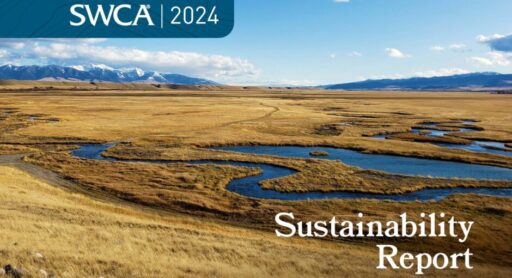
At SWCA, sustainability means balancing humanity’s social, economic, and environmental needs to provide a healthy planet for future generations.
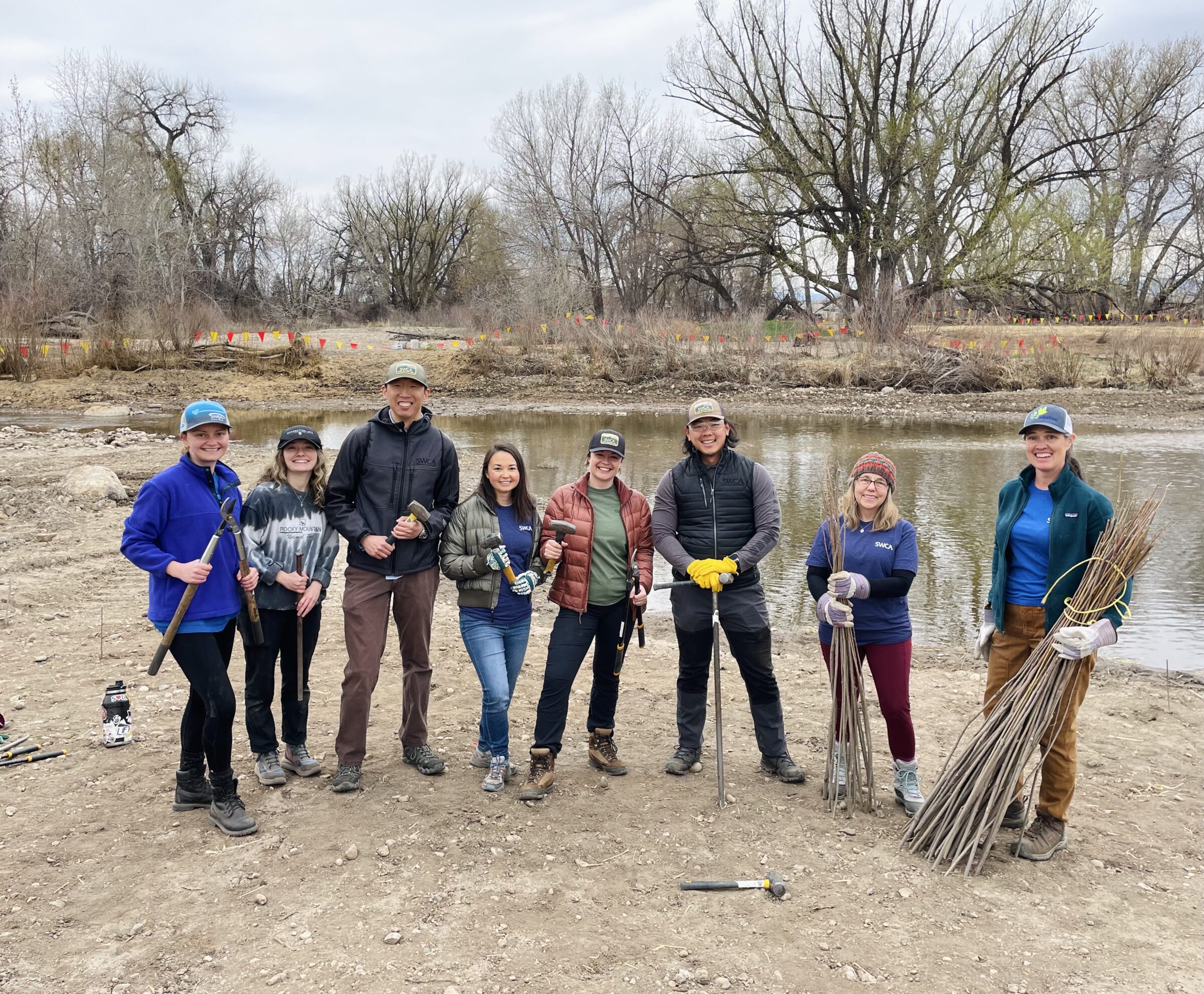
SWCA employs smart, talented, problem-solvers dedicated to our purpose of preserving natural and cultural resources for tomorrow while enabling projects that benefit people today.

At SWCA, you’re not just an employee. You’re an owner. Everyone you work with has a stake in your success, so your hard work pays off – for the clients, for the company, and for your retirement goals.
Planning and Permitting
Guiding projects from vision to reality with expert planning, permitting, and regulatory solutions.

For questions or further information, please fill out the form below.




Our environmental planning and permitting experts provide strategic guidance and tailored solutions to help clients achieve community planning goals while preserving environmental resources and navigating complex regulations. With local knowledge, strong agency relationships, and expertise in ordinances at all levels of government, our team ensures timely permit approvals and clearances, minimizing surprises and delays. We define objectives, gather community input, evaluate project options, and adapt permitting strategies to align with economic, ecological, and resource conditions. Through collaboration, documentation support, and innovative approaches, SWCA delivers successful outcomes that move projects forward with confidence.
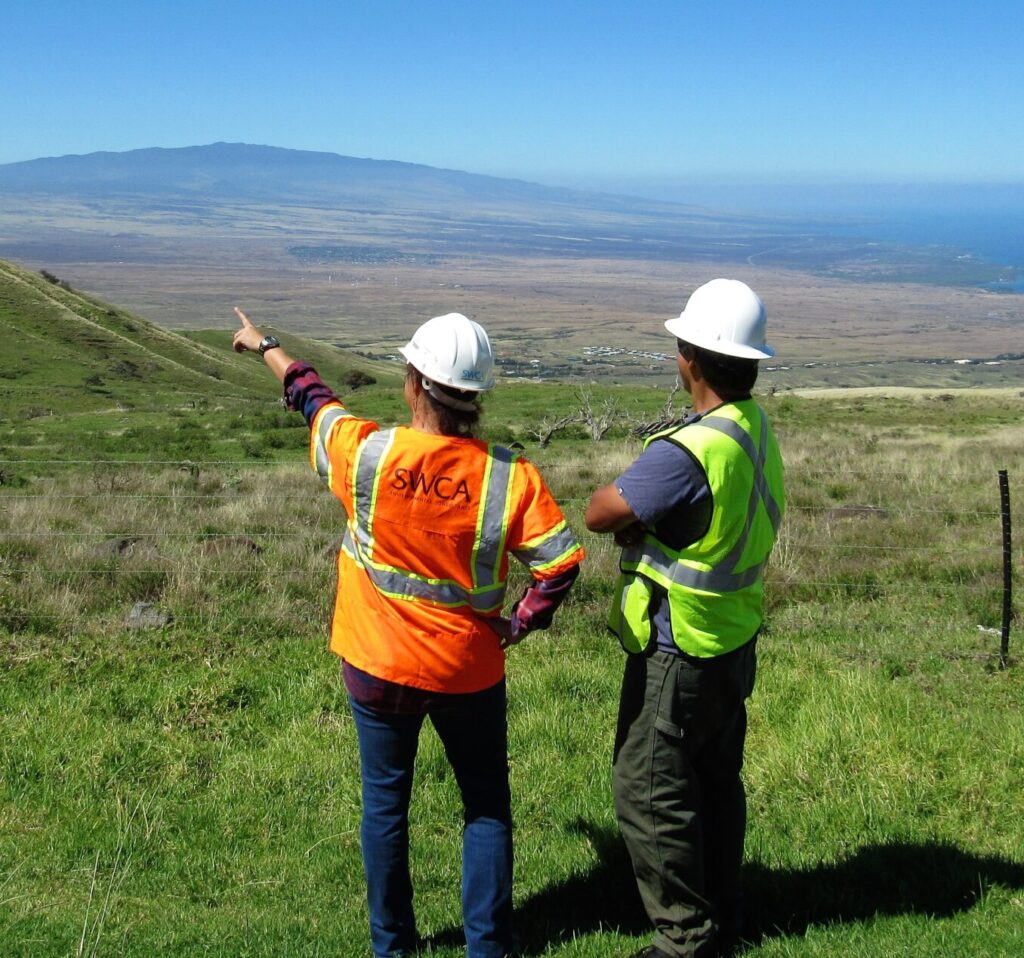
SWCA’s economics team combines practical expertise with advanced analytical tools to support benefit-cost analysis, Natural Resource Damage Assessment (NRDA), and environmental litigation processes. Using methods such as recreational surveys, simulation modeling, econometrics, random utility modeling, equivalency analysis (Habitat Equivalency Analysis, Techno-Economic Analysis, and Resource Equivalency Analysis), Net Environmental Benefits Assessment (NEBA), and Multi-Criteria Decision Analysis (MCDA), we deliver actionable insights tailored to each client’s questions or concerns. Our work has been used to resolve issues related to freshwater and marine oil spills; sites contaminated with mercury, dioxins, PCBs, PFAS compounds, lead, and other heavy metals; wildfires; dam failures; and impacts to threatened and endangered species. Our goal is to help our clients identify scientifically sound and cost-effective solutions.

Navigating the complexities of the Federal Energy Regulatory Commission (FERC) permitting and compliance processes can be daunting, but SWCA has the expertise to guide projects to success. From routing assistance and permitting to compliance management during and post construction, our team ensures efficient and effective project execution.
Natural Gas
With extensive experience in both traditional and FERC pre-filing application processes, we specialize in developing projects that address resource issues early, streamlining approvals and minimizing delays. Our team works directly with FERC and other regulatory agencies to prepare Environmental Assessments (EAs) and Environmental Impact Statements (EISs) in compliance with the National Environmental Policy Act (NEPA). Additionally, we conduct technical analyses and compliance inspections for pipeline construction projects of all sizes across the U.S.
Hydropower
As with oil & gas and electrical transmission projects, SWCA’s team of hydropower consultants and technical experts have an in-depth knowledge of FERC regulatory and licensing processes. We develop sound strategic approaches for each hydropower project that fully acknowledge the client’s needs and desired outcomes. Our team ensures all regulatory requirements are met and that we advocate for early agency and stakeholder identification and engagement to facilitate building key relationships, candid discussions, and collaboration. We work with our hydropower clients to understand agency or stakeholder needs or desires, share information and data, anticipate potential resource issues or conflicts, and expedite agency approvals or stakeholder agreement.
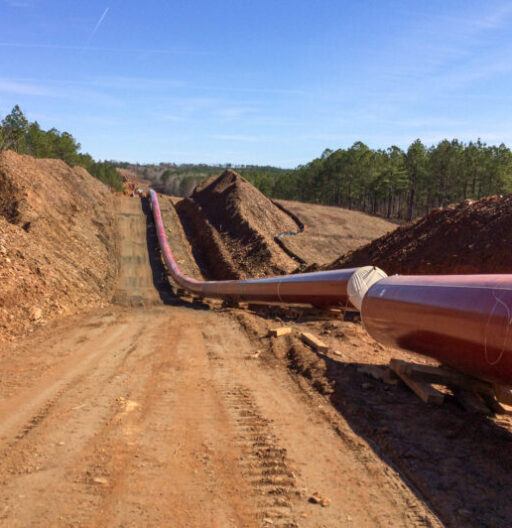
The best development projects blend the natural and built environments into one harmonious space. SWCA’s landscape architecture services, provided by skilled has a team of landscape architects and ecological design professionals, focus on the creation of landscaping and ecological design, from start to finish. We apply innovative and sustainable approaches to design, preserve, and manage landscapes—large and small. Our team supports our clients at every phase, from planning to permits, construction, and beyond.
Our landscape architecture and ecological design services blend seamlessly with our other environmental services, such as site assessments, stormwater management, and natural resource management.
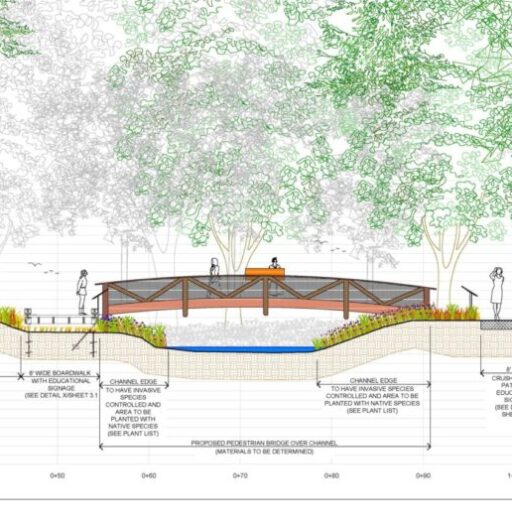
The National Environmental Policy Act (NEPA) requires federal agencies to disclose the environmental impacts of proposed actions, evaluate alternatives to proposed actions, and involve other agencies and the public in decision making.
At SWCA, we use our extensive NEPA experience to guide federal agencies and project applicants through the NEPA process smoothly and efficiently. Our NEPA documents comply fully with all legal requirements, present practical mitigation measures, and integrate permitting requirements such as those for wetlands and endangered species. SWCA’s NEPA specialists are true process experts and keep current with the latest court cases and regulatory changes.
Our team also guides state agencies and applicants through their respective processes for State Environmental Policy Acts (SEPA) around the country, including the California Environmental Quality Act (CEQA).
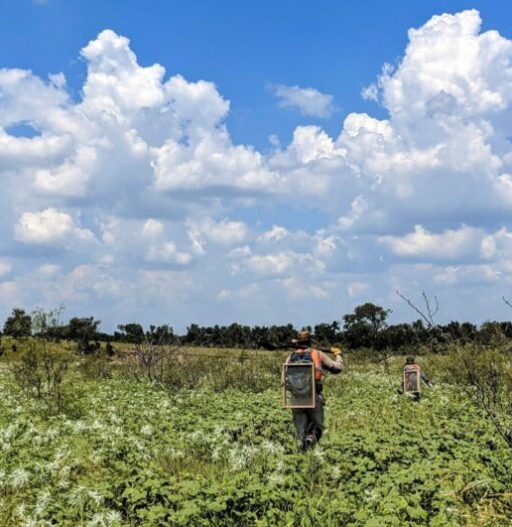
SWCA has develops and conducts trainings to meet the needs of our clients focusing on particular aspects of planning, regulatory compliance, and environmental collaboration. Each course offered provides an overview of case law, implementation methodology, and hands-on practical guidance based on case studies. Workshop activities are designed to give participants first-hand knowledge and experience with taught concepts. SWCA training clients includes both government agencies and private organizations.
We also collaborate with clients to tailor courses to their specific needs, including developing custom content that aligns with their areas of focus. These customized courses can be delivered either in-person or virtually.
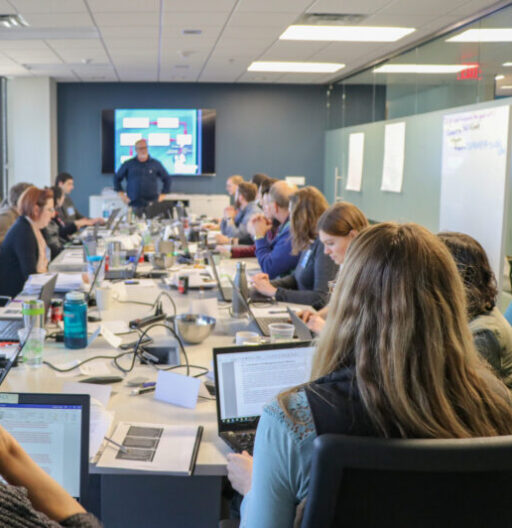
SWCA’s visual resources team provides the public and reviewing agencies the first description of what a proposed project may look like in the landscape and the potential impacts it may have on the visual environment, shaping perceptions and driving discussions.
From generation and transmission to public and private infrastructure, SWCA’s visual resources specialists provide unbiased, accurate analysis and visual representations of how projects will be viewed within a given landscape. Through viewshed analysis, identification and understanding of viewer sensitivity, visual simulations, and other tools, paired with comprehensive impacts analyses, we help convey potential visual impacts to decision-makers, stakeholders, and the public, fostering understanding and building consensus.
As a vital component of environmental planning services, the collection, analysis, and communication of visual resources enable our clients to navigate siting challenges and move projects forward with confidence and clarity.
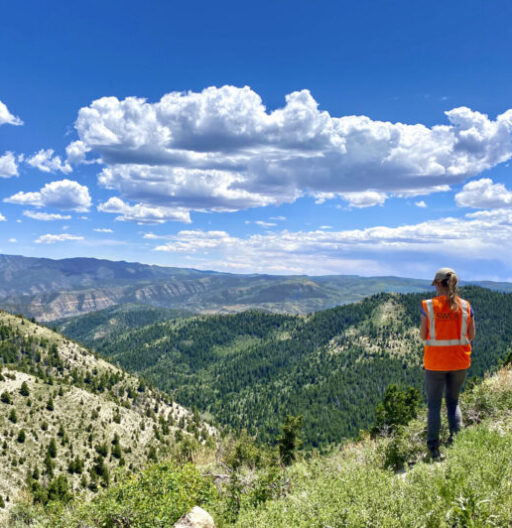
Dr. Wakefield is formally trained in economics, marine biology, and biochemistry. He has over 20 years of experience conducting environmental benefit/cost analysis, financial assurance, socioeconomic assessments, and environmental justice evaluations.

Rachel has 19 years of environmental management and consulting experience, with a focus on NEPA compliance for energy projects, specifically FERC-regulated natural gas projects from early planning and routing to project completion.

Matthew Harper specializes in the strategic navigation of the Federal Energy Regulation Commission (FERC) licensing, relicensing, and exemption processes; implementation, compliance, or amendment of issued FERC licenses and license-required plans; study plan development and reporting; stakeholder facilitation and consultation; recreation, land use, and shoreline resource management issues; and geographic information system (GIS) problem solving, database design, and analysis. Over the past 16 years, he has worked both directly for FERC-regulated hydropower licensees and as a consultant in the hydropower industry.

Matt Petersen is the National Environmental Policy Act (NEPA) Technical Director for SWCA. Matt has 31 years of experience as a resource specialist and has managed or provided NEPA oversight for over 30 large-scale environmental impact statements (EISs), including projects in Arizona, Alaska, Colorado, Idaho, New Hampshire, Utah, Vermont, Texas, New Mexico, California, and Wyoming. This NEPA experience includes work with most major federal agencies and encompasses resource management plans (RMPs), ski areas expansions, fire management plans, stream restoration, mining, oil and gas, pipelines, transmission lines, wind farms, airports, and power plants. Matt has taught custom NEPA seminars for the Bureau of Land Management (BLM), U.S. Forest Service (USFS), U.S. Department of Transportation Maritime Administration, and the Federal Aviation Administration (FAA). Matt has developed and routinely teaches several open-enrollment NEPA courses to industry professionals, lawyers, and agency staffs. In addition, Matt is a regular instructor on NEPA impact analysis and third-party consulting for the BLM National Training Center (NTC). Matt recently developed the BLM National Training Center courses “NEPA Analysis for EAs” and “Kick-Start Your RMP,” both of which Matt has taken on the road to BLM field offices throughout the continental Unites States and Alaska. Technical expertise includes aquatic habitat impact assessment, mitigation, and restoration; hydrological modeling and analysis; and wetland delineation, mapping, and impact analysis. Matt is also experienced in the use and application of analytical models for quantitatively assessing natural resources impacts through the NEPA process.

Ms. Riley has over 39+ years of experience managing projects and preparing EISs, EAs, wetland and habitat assessments, FERC environmental reports, and state/federal permit applications. She evaluates infrastructure and development projects for environmental concerns and regulatory requirements, and guides clients through the approval process. Ms. Riley provides pre-project planning and route optimization advice and facilitates project and regulatory meetings. She has hands-on experience performing field studies, habitat assessments, and endangered species surveys; conducting critical issue evaluations; delineating and monitoring tidal and non-tidal wetlands; preparing plans for the creation, enhancement, and preservation of wetland and terrestrial habitats; and evaluating alternative alignments for environmental constraints.

Amanda has more than 26 years of NEPA experience and has managed or contributed to over 100 EISs and EAs to date. She has worked on NEPA projects with 9 different lead federal agencies and more than 10 cooperating agencies and leads large-scale NEPA interdisciplinary teams. Through her project experience she has direct involvement and knowledge of how the NEPA process interfaces with other processes such as Section 106, the Wilderness Act, the Endangered Species Act, and Section 404 processes. Amanda has provided third-party review of NEPA documents for numerous clients including agencies and private companies. In addition to a project specific knowledge of the NEPA process, Amanda serves as SWCA’s primary instructor and class developer to provide comprehensive NEPA training to private, state, and federal agencies.

Chris brings over 15 years of experience working with federal, state, and local agencies on the inventory and analysis of visual resources. As the Director of Landscape Architecture & Visual Resources, he leads the nationwide growth of experts in technical visual analysis and digital visualization.

As both a Landscape Architect and Licensed Planner, Tony brings national experience and expertise focused on the design of landscapes that are sustainable, resilient and culturally engaging. From multi-mile wetland complex restorations and natural channel design to municipal resiliency planning and urban park redesign, Tony blends ecological function and aesthetic form to create dynamic environments with a unique sense of place.

Bob, a California licensed Landscape Architect, has 34 years of visual impact assessment experience. He has prepared over 300 assessments for environmental reports in accordance with CEQA, NEPA, Coastal Zone, and local guidelines.

Brynn is a registered landscape architect and experienced Visual Resource Specialist with over 18 years in consulting practice. She brings technical expertise to support clients with visual resource analysis and visual impact mitigation design.

Cullen has more than a decade of experience in the landscape architecture industry, with a focus on conceptual design and digital visualization. He provides expertise in the development of simulation and visualization materials.

Subscribe to The Wire, SWCA’s quarterly newsletter that delivers the latest industry news, important regulatory updates, local events, and more straight to your inbox.